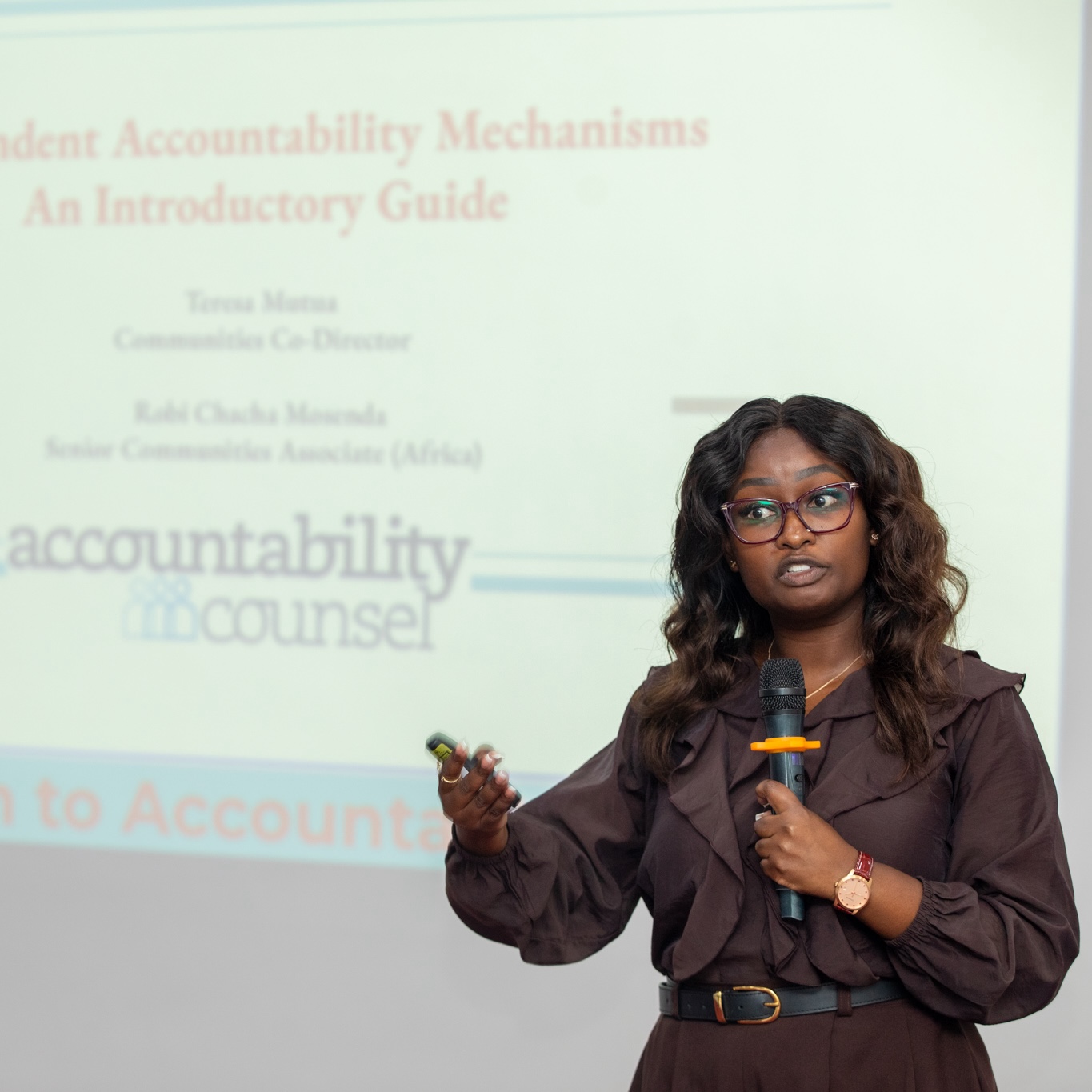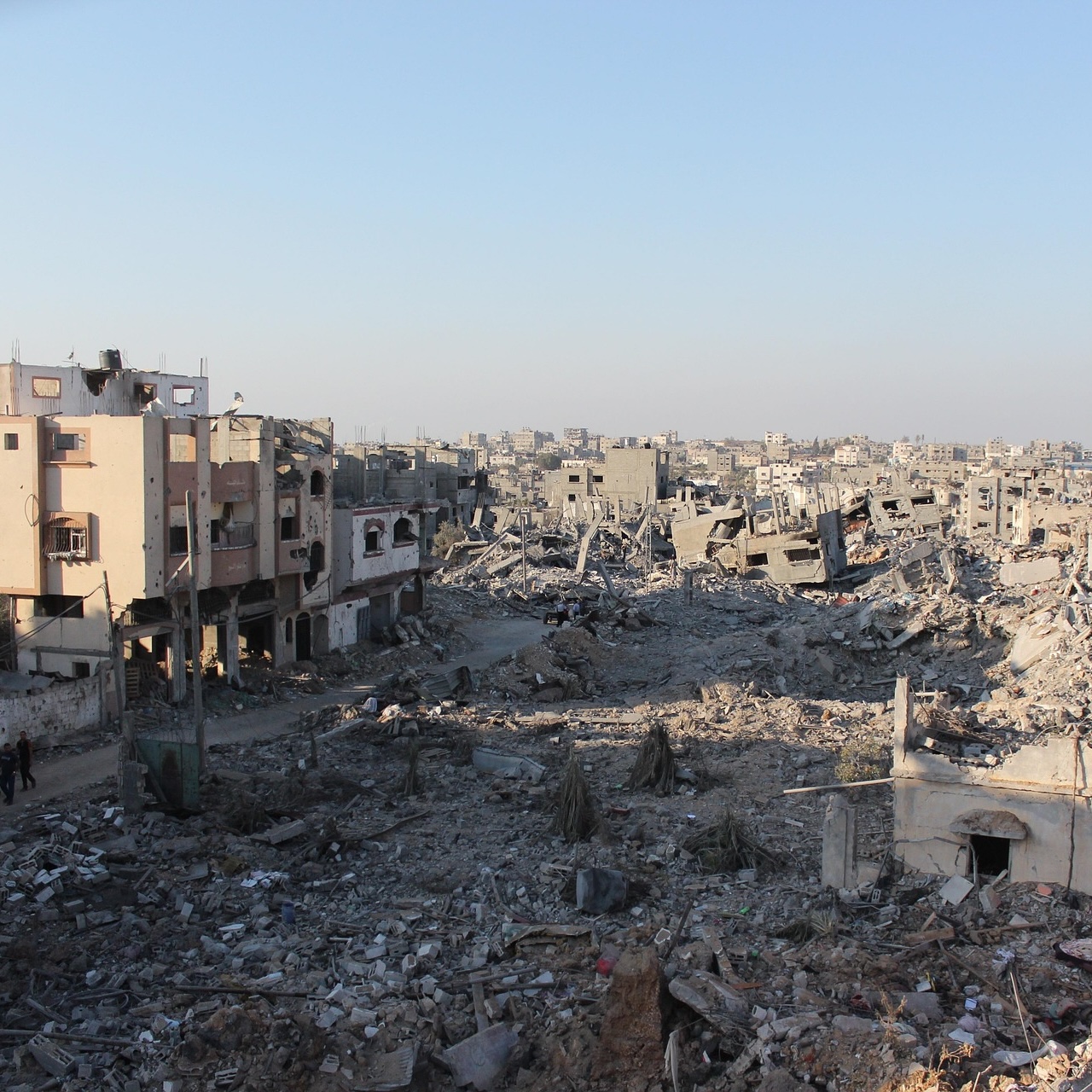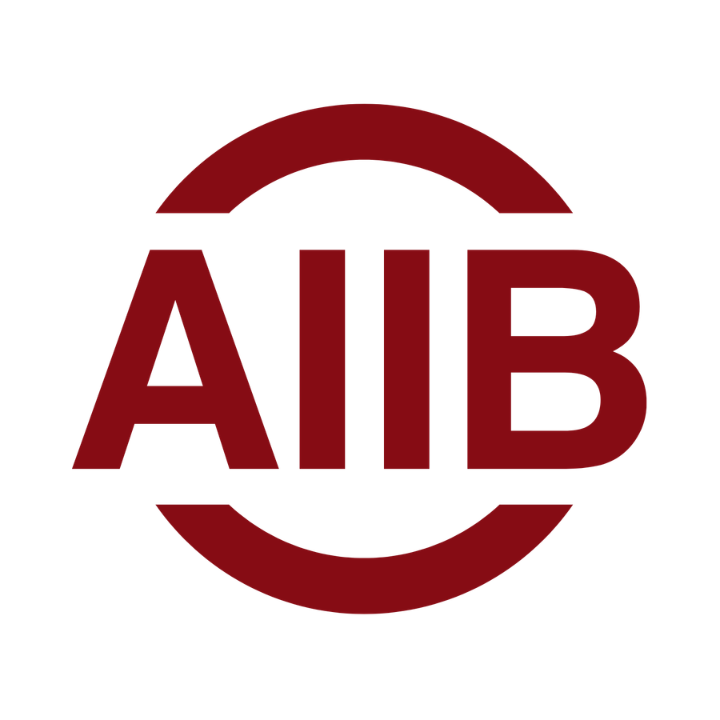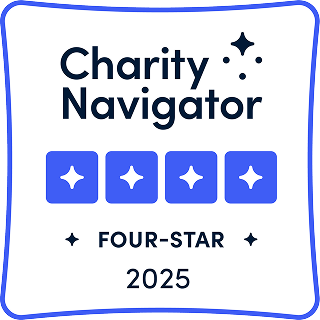.jpg)
Blog
Latest
Development Without Remedy? What Ghana Reveals About Accountability Gaps in International Finance
Accountability Counsel and Bank Information Center trained young environmental justice advocates in Ghana on how to engage international financial institutions and use accountability mechanisms to seek remedy when development projects cause harm. In preparing for the session, one striking observation emerged.
February 18, 2026

All articles
Subscribe to our newsletter.
Sign up for periodic updates on our work alongside communities, defending rights and demanding justice.
Your submission has been received!
Oops! Something went wrong while submitting the form.






